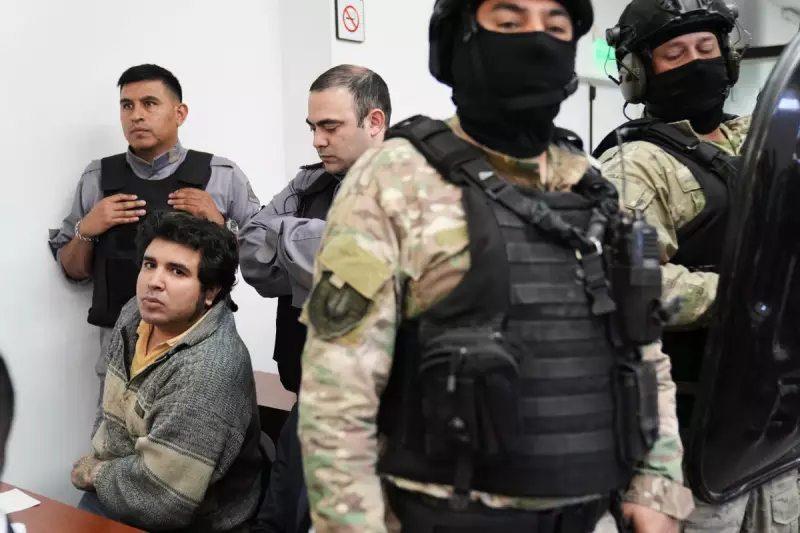
In a dramatic legal ruling that has sent shockwaves through Argentine politics, Vice President Cristina Fernández de Kirchner has been found guilty of corruption charges but will avoid prison time due to her constitutional immunity.
The high-profile case centres on allegations of fraudulent public works contracts during her presidency, with prosecutors claiming she oversaw a systematic scheme that diverted billions of pesos from state coffers.
Political Immunity Shields Former President
Despite the guilty verdict, the 70-year-old political heavyweight remains protected by her current position as vice president. Under Argentine law, elected officials holding certain positions cannot be imprisoned while in office, though the conviction could have significant political consequences.
The verdict comes at a particularly volatile time in Argentine politics, with the country facing economic turmoil and rising political polarisation.
Regional Reactions and International Fallout
The case has drawn attention from across Latin America, with Brazil's President Luiz Inácio Lula da Silva expressing solidarity with his political ally. Meanwhile, Argentine libertarian politician Javier Milei, a vocal critic of Kirchner, has denounced the ruling as evidence of systemic corruption within the political establishment.
Legal experts suggest that while Kirchner avoids immediate imprisonment, the conviction could bar her from holding future public office once her current term ends.
Historical Context and Ongoing Legal Battles
This represents just one of several legal cases facing the former president, who has consistently denied all allegations and characterised the prosecutions as political persecution. Supporters have gathered outside her Buenos Aires residence, echoing her claims of a judicial witch hunt.
The case underscores the deep political divisions within Argentina and raises questions about accountability for high-ranking officials across Latin American democracies.






